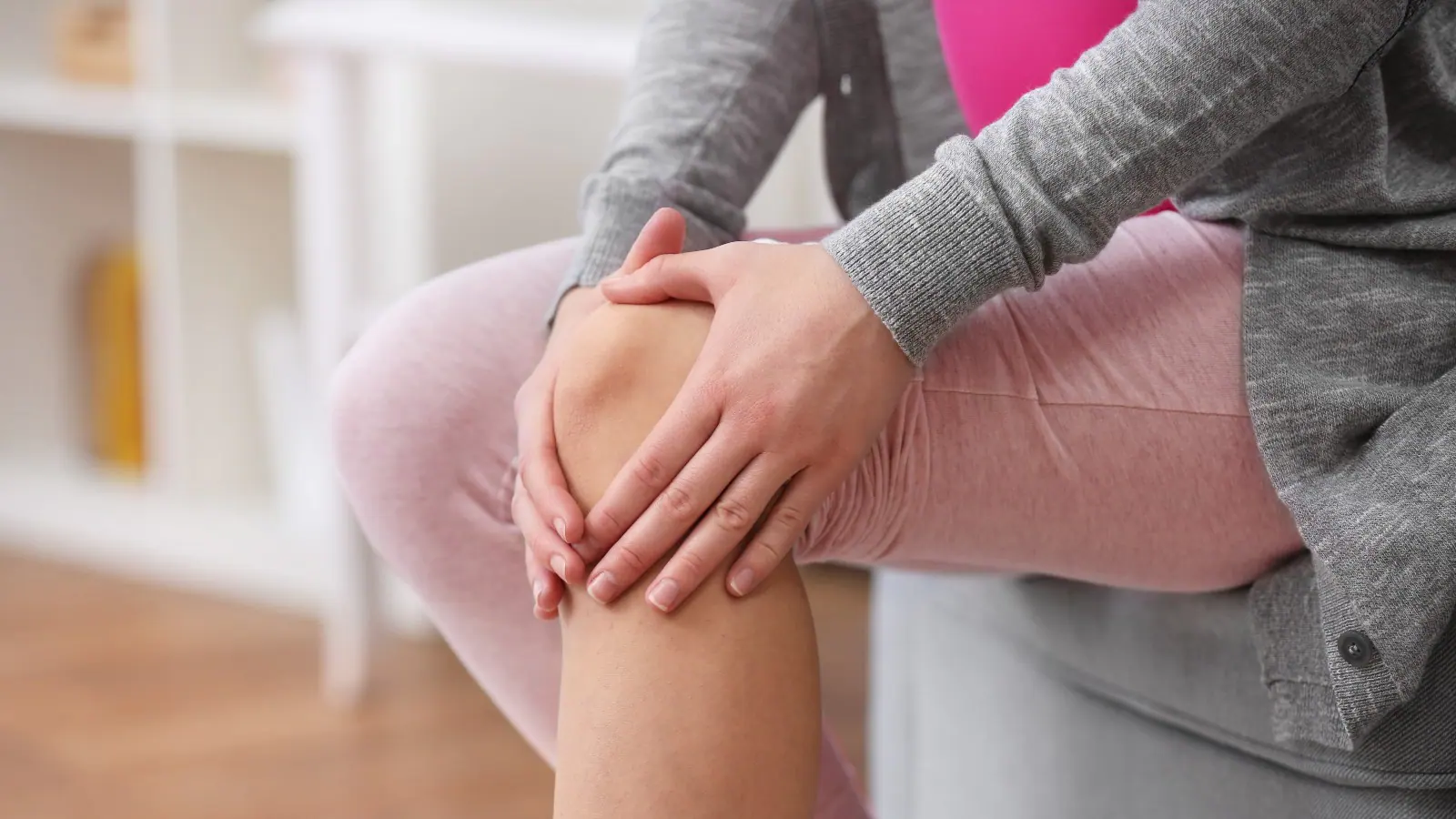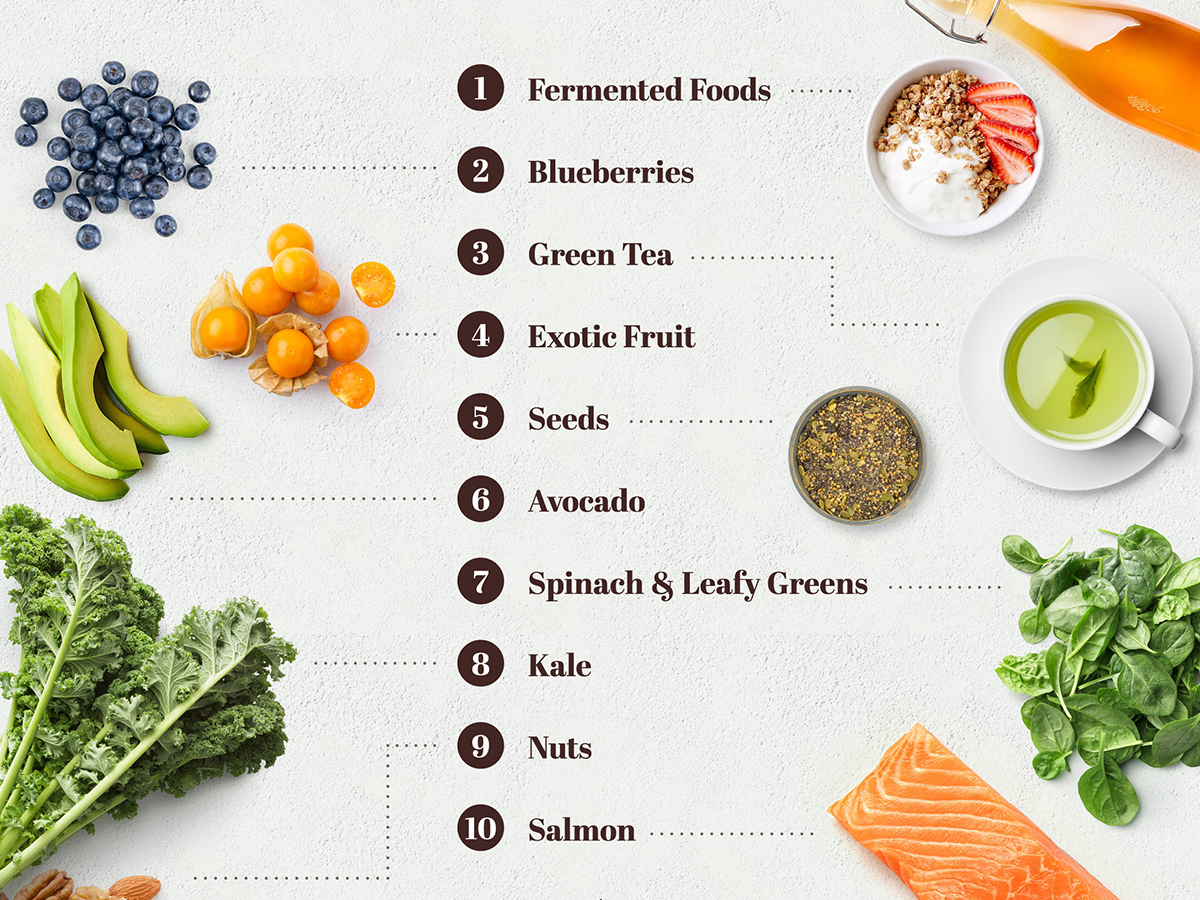Joint pain after exercise can have a variety of causes, and it does not necessarily mean that you have arthritis. Here are some common causes of joint pain after
exercise:

- Overuse: Doing too much, too soon, or repeating the same motions over and over can lead to joint pain from overuse.
- Injuries: An injury such as a sprain or strain can cause joint pain.
- Osteoarthritis: This is a degenerative condition that can cause joint pain and stiffness, particularly after exercise.
- Inflammation: Inflammation can occur in response to exercise and cause joint pain.
- Bursitis or tendinitis: These conditions occur when the bursae (small fluid-filled sacs) around a joint become inflamed or when a tendon (the tissue that connects muscle to bone) becomes irritated.
- Gout: This is a type of arthritis that is caused by a buildup of uric acid crystals in the joint.
If you are experiencing joint pain after exercise, it is important to speak to your doctor. They can help determine the cause of your pain and develop a treatment plan that is right for you. In some cases, a change in your exercise routine, rest, ice, and over-the-counter pain relievers may be sufficient. In other cases, you may need a more comprehensive treatment plan that includes physical therapy, medications, or even surgery.










